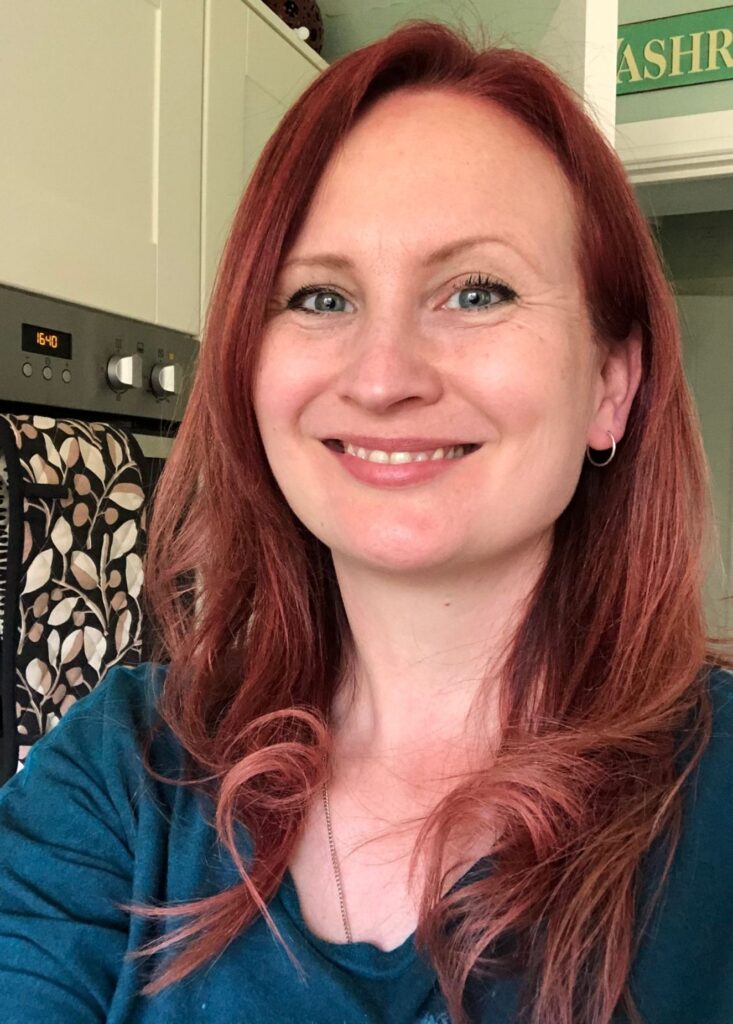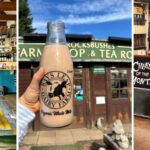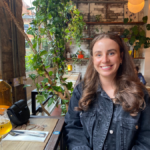- Work Hard
- 12th Aug 2021
- 1,069 Views
- 0
- 1 minutes
HLN meets…Lucy Nichol

The Newcastle-based author tells us why she wrote a book about the infamous ’27 club’, how she’s working to break the stigma surrounding addiction, why being a music fan is about so much more than music and how looking behind the headlines can tell us a totally different story.










Comments